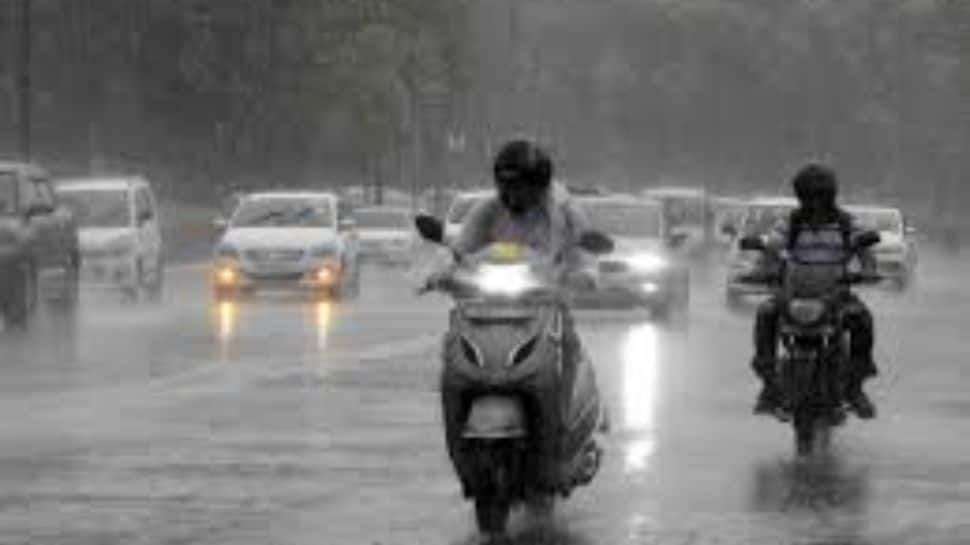 |
|
The recent improvement in Delhi's air quality, largely attributed to consistent rainfall, has prompted the Commission for Air Quality Management (CAQM) to revoke the stringent Stage 3 restrictions under the Graded Response Action Plan (GRAP). This decision, announced on December 27, 2024, marks a significant shift from the 'severe' air quality experienced previously. The 24-hour average Air Quality Index (AQI) dropped to 324 at 7:00 PM, falling into the 'poor' category. This positive change is a testament to the effectiveness of the GRAP, even if only temporarily, and underscores the impact of meteorological factors on air pollution levels in the densely populated region.
Under the now-lifted Stage 3 restrictions, several measures were implemented to combat the severe pollution. These included a ban on older petrol and diesel vehicles (BS-III petrol and BS-IV diesel four-wheelers) in Delhi and surrounding National Capital Region (NCR) areas such as Gurugram, Faridabad, Ghaziabad, and Noida. Restrictions on the use of diesel generator sets and limitations on certain construction activities were also put in place. The revocation of these restrictions signifies a temporary reprieve for residents and businesses impacted by the stringent measures, although the CAQM has emphasized that the easing of these measures is contingent upon the sustained improvement in air quality.
While the relief from Stage 3 restrictions is welcomed, the CAQM has made it clear that measures under Stage 1 and Stage 2 of the GRAP will remain in effect. This ensures continued monitoring and implementation of less stringent but still necessary pollution control measures. The CAQM has stressed its commitment to maintaining the improved air quality and preventing any deterioration. The ongoing measures under Stage 1 and 2 will likely involve continued monitoring of pollution levels, enforcement of existing regulations, and possibly targeted interventions to address specific pollution sources. The CAQM's statement, 'We are taking every precaution to ensure AQI levels do not deteriorate. Vigilance and strict implementation of Stage I and II measures will continue,' highlights the authority's proactive approach to managing air quality in the long term.
The forecast for the coming days, provided by the India Meteorological Department and IIT Madras, predicts that the AQI in Delhi will likely remain in the 'poor' category, with values ranging between 200 and 300. However, this forecast also suggests a continued improvement in air quality due to prevailing favorable weather conditions. This optimistic outlook suggests that the recent rainfall has not only provided immediate relief but also set the stage for sustained improvement, although vigilance and the continued implementation of GRAP measures are essential to prevent future pollution spikes. The continued monitoring and proactive approach by the CAQM will play a crucial role in maintaining this improved air quality and ensuring the long-term health of Delhi's environment.
The situation in Delhi highlights the complex interplay between meteorological conditions and human activities in determining air quality. While rainfall provided a significant temporary solution, the underlying causes of pollution – vehicular emissions, industrial activities, construction, and seasonal factors – remain. The success of the GRAP in mitigating these factors, and the need for continued vigilance, even during periods of improved air quality, demonstrates that sustained improvement requires a multi-pronged approach. This includes not only reactive measures like GRAP but also long-term investments in sustainable transportation, cleaner energy sources, improved industrial practices, and public awareness campaigns aimed at reducing individual contributions to pollution. Only through a holistic approach can Delhi, and indeed other cities facing similar challenges, achieve lasting improvements in air quality.
Source: Delhi Air Pollution: GRAP-3 Measures Revoked As AQI Improves After Rainfall
